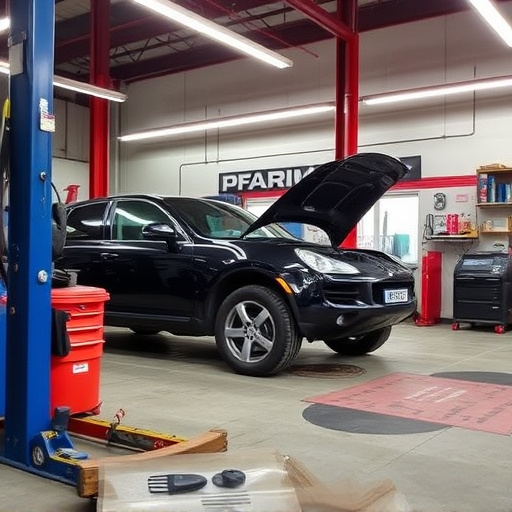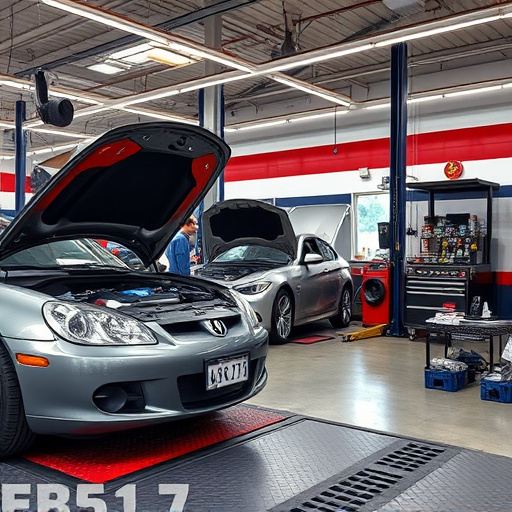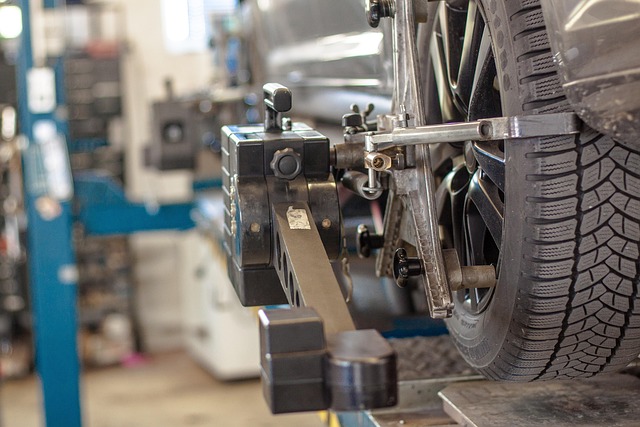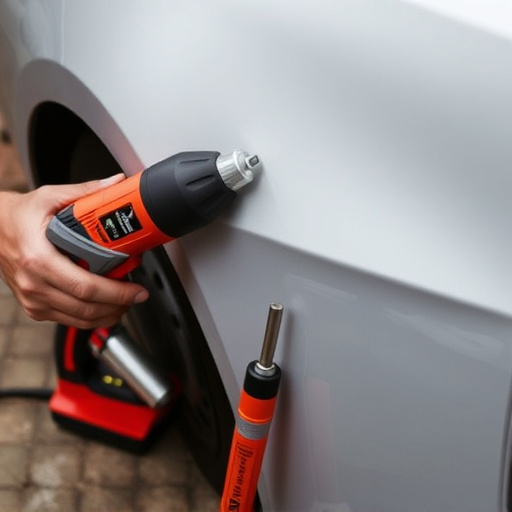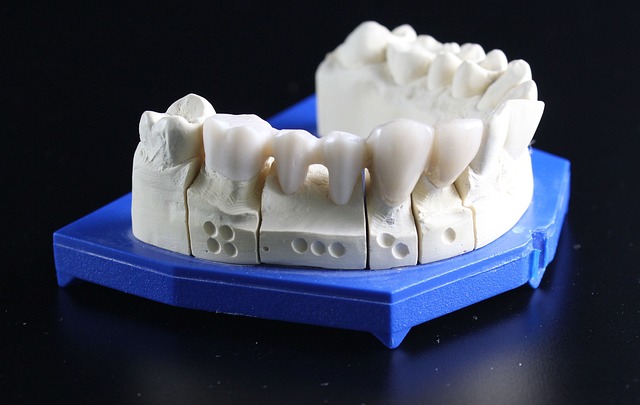Lifetime repair warranties are popular for protecting vehicle investments. They cover necessary repairs from incidents like collisions or hail damage for as long as the car is in service. Key to selecting one is understanding terms and conditions, including coverage limits and exclusions like pre-existing conditions or normal wear. While offering peace of mind, weigh benefits against cost based on repair needs, deductibles, and restrictions.
Are you considering a lifetime repair warranty for your next purchase? These guarantees have gained popularity, promising peace of mind. But are they truly worth the investment? This article delves into the intricacies of lifetime repair warranties, breaking down their basics and benefits. We explore costs, coverage, and risks, providing insights to help you decide if this added protection is valuable for your specific needs.
- Understanding Lifetime Repair Warranties: Basics and Benefits
- Exploring Costs and Coverage: What's Included?
- Weighing Risks and Rewards: Are They Truly Valuable?
Understanding Lifetime Repair Warranties: Basics and Benefits
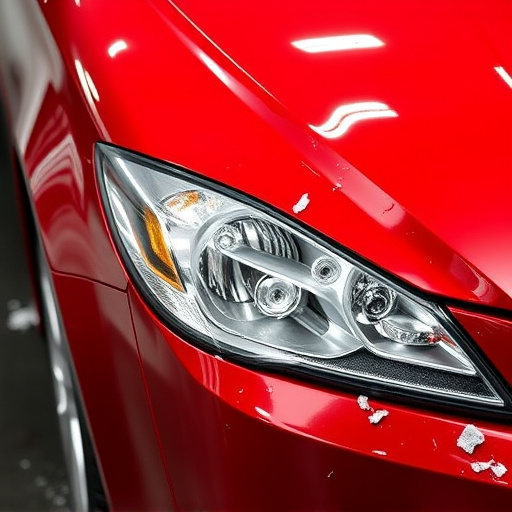
Lifetime repair warranties have gained popularity as a way to protect consumers’ investments in their vehicles. At its core, a lifetime repair warranty promises that the manufacturer or dealer will cover the cost of repairs for as long as the vehicle remains in service. This benefit extends beyond regular maintenance and includes coverage for issues arising from various incidents, such as car collisions and hail damage.
Understanding these warranties is crucial for making an informed decision. The basics involve clear terms and conditions, ensuring that the warranty covers all necessary repairs without hidden costs or limitations. For instance, a comprehensive lifetime repair warranty can include dent removal and hail damage repair, offering peace of mind should your vehicle ever face such incidents. This type of protection is especially beneficial for those who rely on their cars for daily commuting or business purposes, as it minimizes the financial burden of unexpected repairs.
Exploring Costs and Coverage: What's Included?

When considering a lifetime repair warranty, it’s crucial to explore the costs and understand what’s actually covered. These warranties often come with varying levels of coverage, ranging from minor cosmetic issues to more significant structural damage. Some car body shops offer lifetime guarantees for specific parts like paint jobs, while collision repair centers may provide comprehensive coverage for all repairs related to an accident or damage over time.
The fine print is essential reading here. Check what’s included and any exclusions, such as pre-existing conditions or normal wear and tear. Keep in mind that these warranties often come at an additional cost, so weigh the benefits against the price tag. For instance, a lifetime warranty on car dent removal might seem appealing, but if it only covers minor dents and there are hidden costs for more extensive repairs, it may not offer the expected value in the long run.
Weighing Risks and Rewards: Are They Truly Valuable?

When considering a lifetime repair warranty, it’s crucial to weigh both the potential risks and rewards. On one hand, these warranties offer peace of mind, assuring vehicle owners that any future repairs related to covered components will be taken care of without incurring significant costs. This is especially beneficial for those who rely on their vehicles for daily commuting or have a history of needing frequent car body repair. Furthermore, fleet repair services can greatly benefit from such warranties, as they often deal with high-mileage vehicles that require regular maintenance and car body restoration.
However, the value of a lifetime warranty also depends on various factors. The scope of coverage, exclusions, and terms and conditions should be carefully examined. Some warranties might exclude certain types of damage or wear and tear, while others may come with steep deductibles or limitations on where repairs can be performed. Balancing these considerations against the cost of the warranty itself is essential. For instance, while a lifetime repair warranty on a new car may seem appealing, the overall investment could be excessive if regular car body restoration isn’t frequently needed.
While lifetime repair warranties may seem like an appealing safety net, their true value depends on individual needs and preferences. Understanding the specifics of coverage, potential risks, and long-term benefits is crucial before investing. In many cases, these warranties offer peace of mind, especially for high-value items or those with a history of reliability issues. However, it’s essential to weigh the costs against the likelihood of actual repairs and consider if other forms of protection might be more suitable. Ultimately, a well-informed decision regarding a lifetime repair warranty can enhance your purchasing experience and ensure better long-term value.

